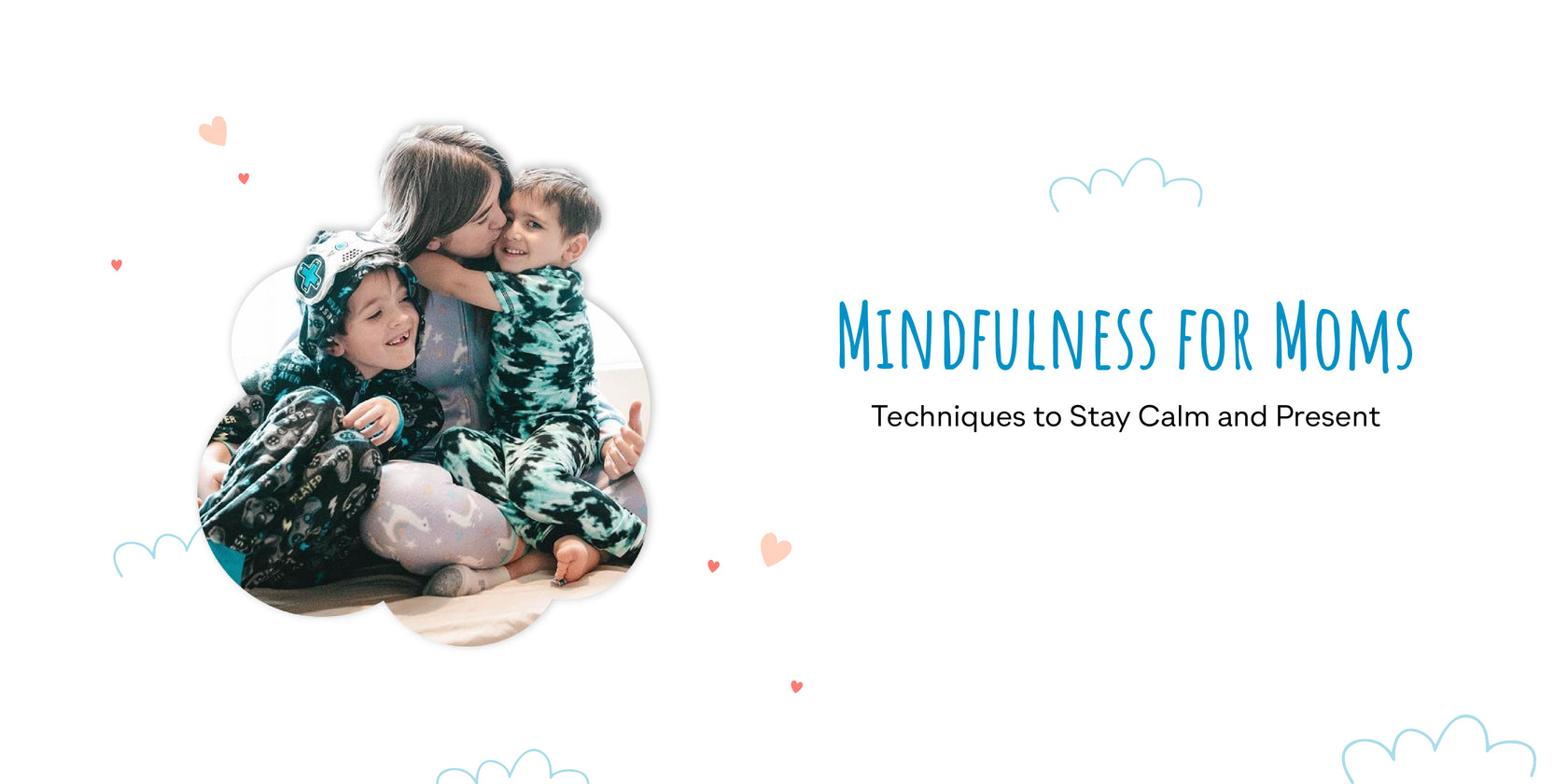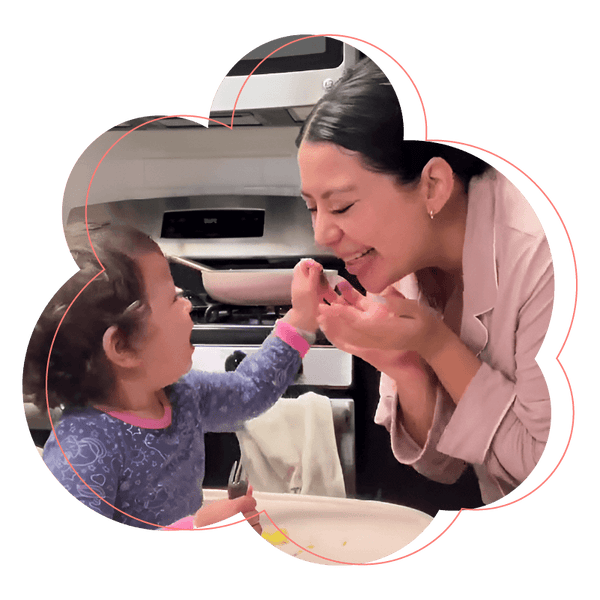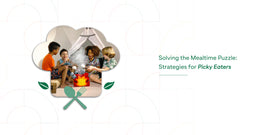Motherhood is a journey filled with love and joy, but it also comes with its share of challenges. Between managing work, family, and personal well-being, it's easy for mothers to feel overwhelmed. However, there's a powerful tool that can help navigate this journey with grace and resilience: mindfulness.
Understanding Mindfulness
Mindfulness is the practice of intentionally paying attention to the present moment with an open and non-judgmental attitude. It involves being fully aware of your thoughts, feelings, bodily sensations, and the environment around you as they arise, without getting caught up in them or reacting automatically. Mindfulness cultivates a state of focused awareness that allows you to respond to life's experiences with clarity, compassion, and composure.
Benefits of Mindfulness for your kids
For mothers, practicing mindfulness can be particularly beneficial not only for their own well-being but also for their children. By cultivating mindfulness, mothers can better regulate their emotions, reduce stress, and enhance their overall mental health, which in turn creates a more nurturing and supportive environment for their children. Additionally, mothers who practice mindfulness are often more attuned to their children's needs, emotions, and behaviors, fostering stronger parent-child relationships built on empathy and understanding. Ultimately, incorporating mindfulness into motherhood not only enriches the lives of mothers but also positively impacts the well-being and development of their children.
Why Mindfulness Matters for Mothers?
- Stress Management: Mindfulness helps mothers manage stress by fostering calm and presence, even in chaos.
- Enhanced Well-being: Studies show that mindfulness can reduce symptoms of anxiety and depression, promoting mental well-being.
- Improved Focus: By training the mind to focus on the present, mindfulness enhances cognitive function, improving focus and clarity.
- Better Parenting: Mindful parenting involves being fully present with your child, strengthening your bond and understanding.
- Self-Compassion: Mindfulness encourages self-compassion, helping mothers treat themselves with kindness and understanding.
How to Incorporate Mindfulness into Your Life
Mindfulness is a powerful practice that can help bring more awareness and presence into our lives. Here are some detailed points to help you get started and deepen your mindfulness practice:
1. Start small
Begin by incorporating short mindfulness practices into your daily routine. For example, take a few moments each morning to focus on your breath or do a quick body scan, paying attention to each part of your body. Starting with small practices will help you ease into mindfulness and make it more manageable.
2. Integrate mindfulness into your daily activities
Mindfulness doesn't have to be limited to sitting meditation. Find ways to bring mindfulness into your everyday activities. For example, when you eat, pay attention to the taste, texture, and sensation of each bite. When you walk, notice the feeling of your feet touching the ground. By incorporating mindfulness into daily activities, you make it a natural part of your day and enhance your overall awareness.
3. Practice self-compassion
Mindfulness is not about being perfect or having a completely clear mind. It's about accepting and observing whatever arises in the present moment without judgment. When your mind wanders during your practice, gently bring your attention back without criticizing yourself. Cultivate self-compassion and remind yourself that it's okay to have wandering thoughts. Treat yourself with kindness and understanding throughout your mindfulness journey.
4. Seek support
Joining a mindfulness group or seeking guidance from a coach or teacher can provide additional resources and support. Being part of a community of like-minded individuals can offer encouragement, accountability, and the opportunity to learn from others' experiences. A coach or teacher can provide guidance, answer questions, and offer insights to help you deepen your practice.
5. Stay consistent
Like any skill, mindfulness requires consistent practice. Set aside a few minutes each day to nurture your mindfulness practice. Start with just a few minutes and gradually increase the duration as you become more comfortable. Consistency is key to reaping the benefits of mindfulness, such as reduced stress, increased focus, and improved overall well-being.
Remember, mindfulness is a journey, and it takes time and patience to develop. Embrace the process, be kind to yourself, and enjoy the present moment as you cultivate mindfulness in your life.
Resources for Further Support
- Headspace: A popular app offering guided meditations and mindfulness practices, suitable for beginners and experienced practitioners alike. (https://www.headspace.com/)
- Calm: Another widely used app providing guided meditations, sleep stories, and mindfulness exercises to promote relaxation and well-being. (https://www.calm.com/)
- Mindful.org: A website offering articles, guided meditations, and resources on mindfulness, suitable for individuals looking to deepen their practice. (https://www.mindful.org/)
- The Mindfulness-Based Stress Reduction (MBSR) Program: Developed by Jon Kabat-Zinn, this program is widely recognized for its effectiveness in reducing stress and promoting mindfulness. (https://www.mindfulnesscds.com/)
- The Power of Now by Eckhart Tolle: A bestselling book that explores the concept of mindfulness and its transformative power in everyday life. (https://www.eckharttolle.com/books/)
In conclusion, mindfulness is a journey of self-discovery and inner peace. Embracing mindfulness can transform your experience of motherhood, helping you navigate its challenges with grace. So, take a deep breath, embrace the present moment, and embark on this transformative journey of mindfulness.











